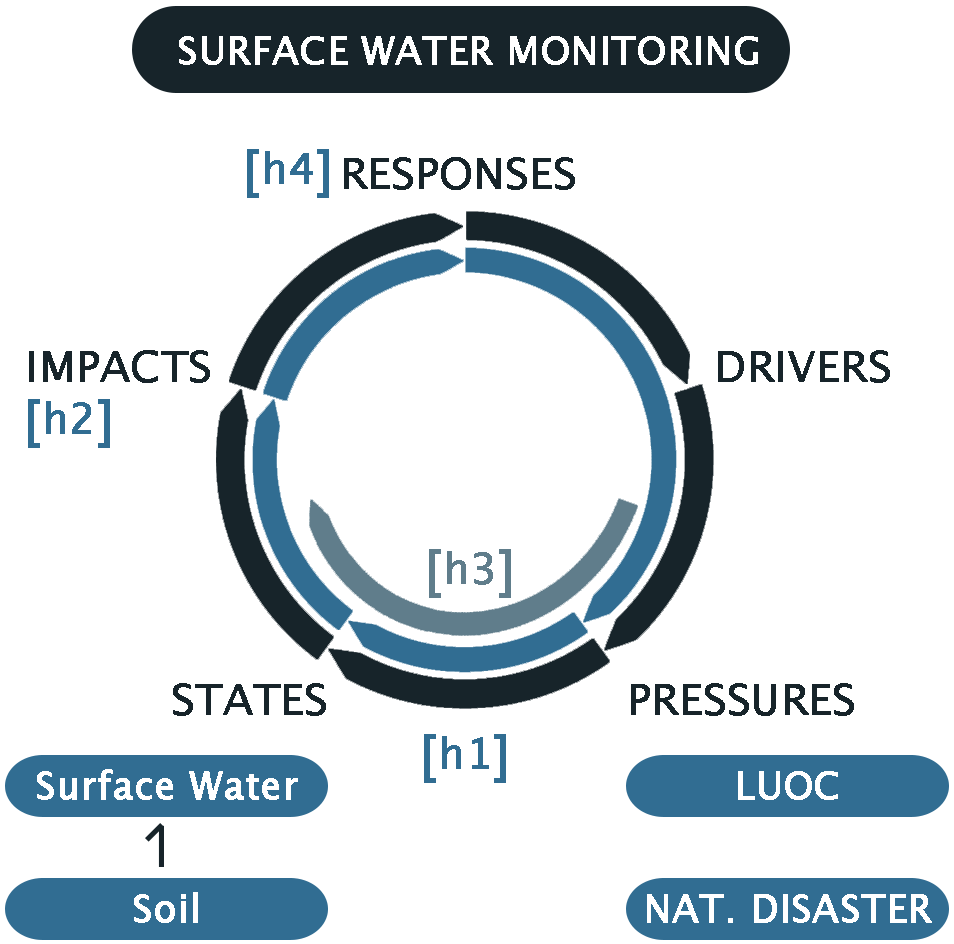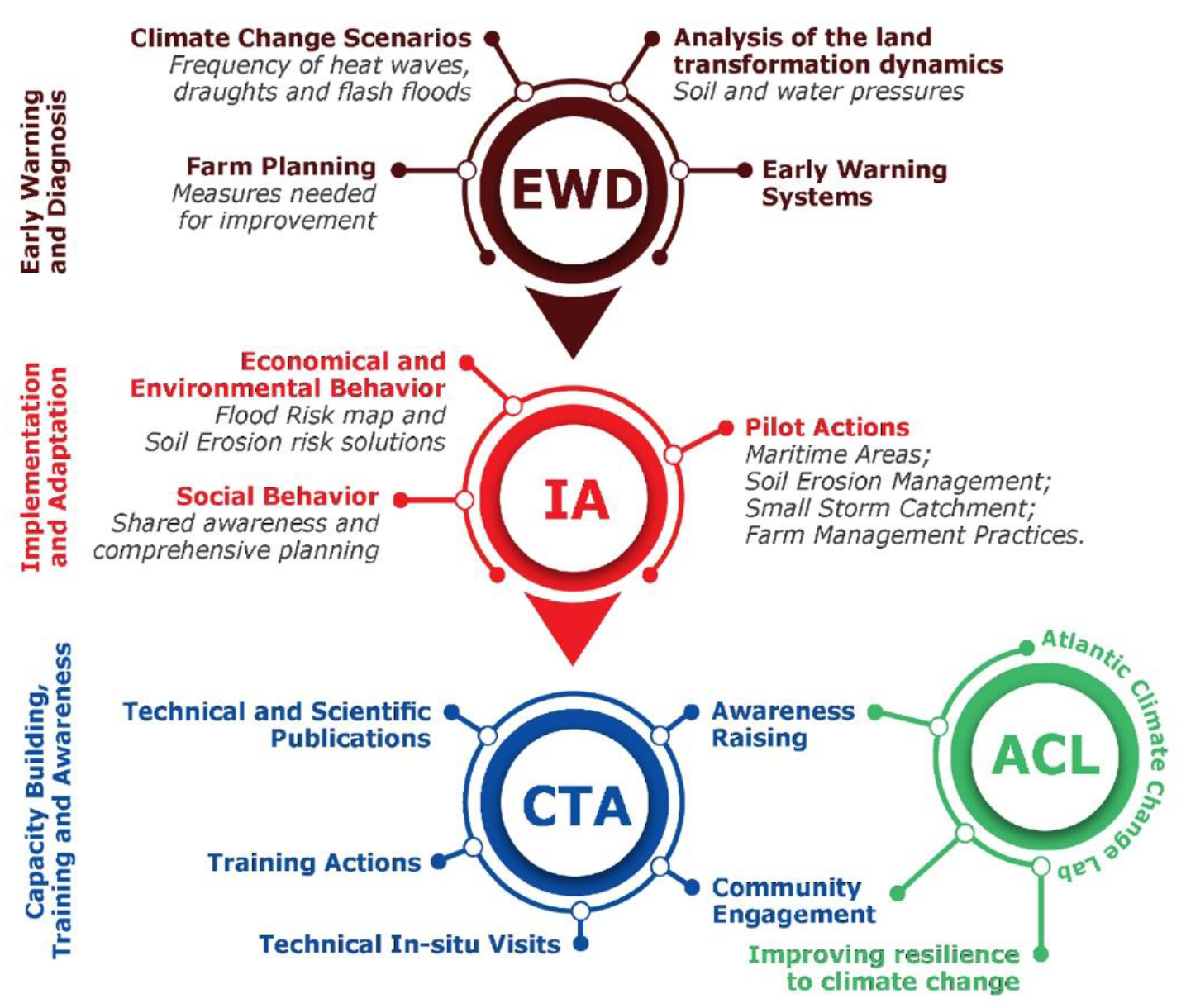
Start Date: 2025.03.01
Exploring novel bio-based materials and their applications in conservation and restoration with a new interdisciplinary team
This project has received funding from the European Union’s Horizon Europe research and innovation programme under Grant Agreement no. 101186492.
BIOBASED2UC is starting a new research area at the University of Coimbra focused on nanocelluloses – sustainable, high-performance materials made from plants and bacteria. These materials are being developed to help protect and restore old cellulosic objects, especially historic paper documents.
The project has two main goals:
1. Create new bio-based materials - mainly different types of nanocelluloses such as cellulose nanofibrils, cellulose nanocrystals, and bacterial cellulose.
2. Use these materials in practice – developing innovative and eco-friendly methods to preserve and restore paper-based cultural heritage.
To achieve this, an interdisciplinary team will be formed, supported by University researchers and international experts. The aim is to create a permanent research group in this area, ensuring the work continues beyond the project itself.
In addition to developing new products and methods, BIOBASED2UC also wants to:
- Train researchers and technicians in advanced conservation techniques;
- Publish high-quality research and attract competitive funding;
- Raise international visibility by connecting different scientific areas within the European Research Area;
- Build a Portuguese network of paper conservators working in museums, archives, and libraries, and introduce them to sustainable preservation practices.



